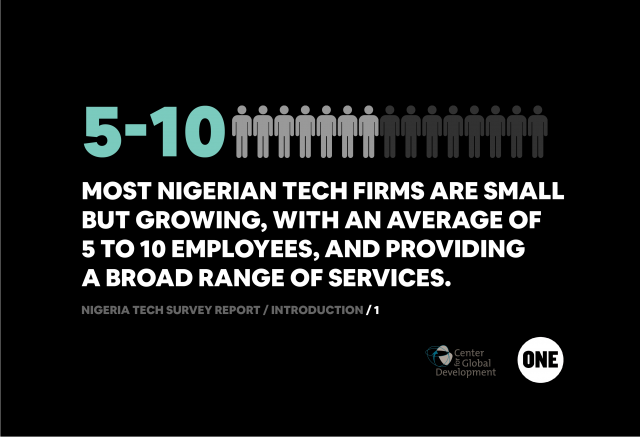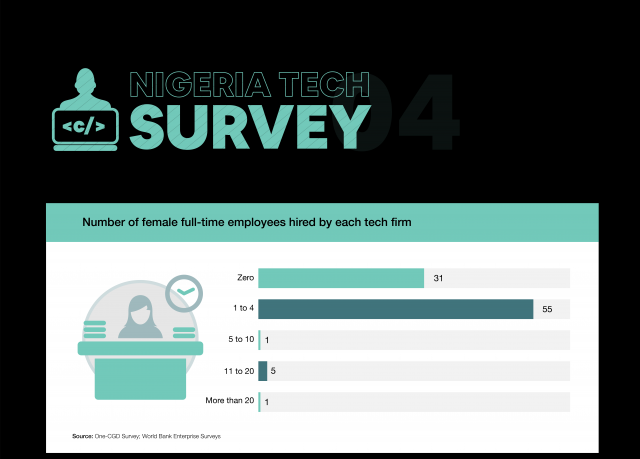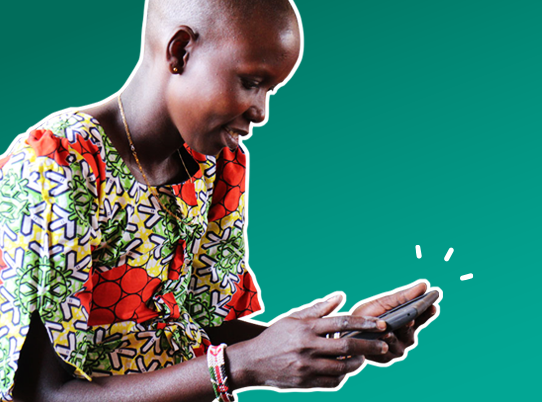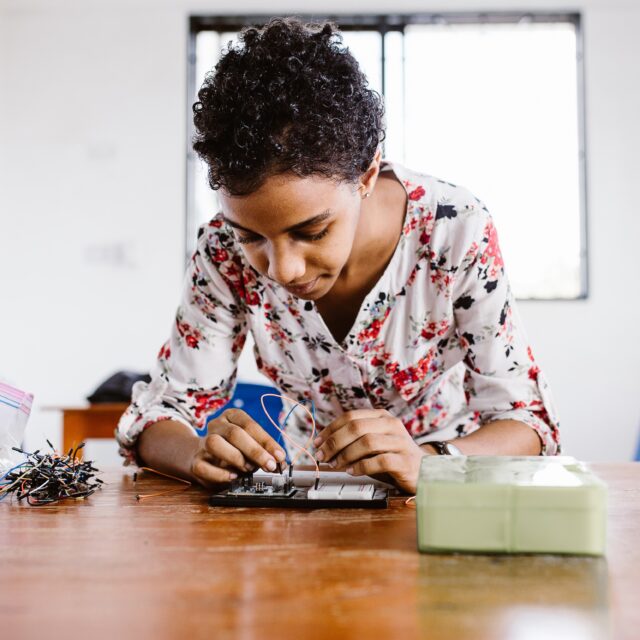Nigeria’s tech sector accounts for almost 10% of the nation’s GDP today. That’s up from less than 1% of GDP in 2001. Nigeria is Africa’s biggest technology market and accounts for 24% of internet users in Africa, with 123 million people online in June 2019.
Nigeria’s tech sector has often found creative solutions to fill gaps left by the state. For example, large firms are delivering services in healthcare, agriculture and finance. Smaller firms are providing e-commerce platforms and other retail-related services.
Education (or “edutech”) startups are making learning more accessible and effective, and financial (“fintech”) startups are engaging segments of the population that cannot access traditional financial services. Meanwhile agriculture (“agritech”) startups are seeking to solve the logistics of food waste in the country by determining how to best get produce from the farm to the end consumer in the most efficient and effective manner.
The participation of women in the Nigerian tech sector is low. In a survey of 93 technology firms by ONE Campaign and the Center for Global Development, only about 30% were owned by women, mostly concentrated in e-commerce and enterprise solutions. Of the 93 surveyed tech firms, only six had a woman in a top management position. Worse still, more than one-third of the survey tech firms employed no women at all.
Luckily, there’s awareness of the issue and steps are being taken to address this imbalance, including a new bill in the National Assembly.

Why the gender imbalance?
The ONE-CGD survey suggests that a mix of financial and cultural barriers stand in the way of women’s equal representation in Nigeria’s tech sector.
While most tech firms generally perceive access to credit as a severe obstacle to their business, women-owned tech startups were less likely to secure funding in comparison to their male counterparts. For example, Odunayo Eweniyi, one of the founders of the fintech start-up Piggybank, found that local investors related better with men when her company tried to raise money. So she decided to stop attending investment meetings, leaving her two male co-founders to secure funding for the company.
Socio-cultural bias also stands in the way of women empowerment in the tech sector. “I am unlikely to mentor a female tech entrepreneur because I am married,” explained Chika Nwobi of L5 Labs, a local venture capital, citing cultural restraints. He explained that cultural beliefs stopped him from developing a close, but professional, relationship with female tech entrepreneurs because it could be easily misinterpreted. A female founder of a leading tech organization, TechHer, also told us that negative stereotypes associated with female programmers are leading to fewer women entering the tech sector.
Government efforts to end the imbalance
Nigeria’s government recognises the challenge and is working to end this gender gap. A new report from the Federal Ministry of Women Affairs prepared for the Beijing+25 conference this summer highlights the gender disparities in science education and computer literacy that need to be addressed.
Among other things, it highlights the African Development Bank Assisted Skills Training and Vocational Education Project. The project helps the government restructure vocational and technical education so that it meets the demand for skills in the private sector. The project is focused on selected science and technology colleges, teacher training institutes, nomadic non-formal vocational training centers, and women’s vocational training centers to improve their effectiveness. These institutions will serve as demonstration centres to promote nationwide reforms.
How to improve women’s empowerment in the tech sector
The enactment and enforcement of the Gender and Equal Opportunities bill, which is still pending in the National Assembly, would go a long way in eliminating all forms of gender discrimination. The bill calls for the prohibition of discrimination “either through words spoken, acts, inactions, omissions, laws, regulations, administrative procedures, policies, guidelines, rules, customs or practices discriminate against any person on the ground of gender, age or disability.” It asks all actors — both public and private — to “take all appropriate measures to ensure the full development and advancement of all persons, especially young women and girl children.”
The bill contains powerful language for the elimination of discrimination in education and employment and for the elimination of discrimination on the grounds of marital status. It calls for the “same conditions for career and vocational guidance, for access to studies and for the achievement of certification in educational establishments” in both rural and urban areas. It also says “this equality shall be ensured in pre-school, general technical, professional and higher technical education, as well as in all types of vocational training” and the “same and equal opportunities to benefit from scholarships, bursaries, and other study grants.”
With regard to employment, the bill calls for the implementation of seven sets of rights for women: the right to work, to equal employment opportunities, to free choice of profession, to equal remuneration, to social security, to maternity leave, and to protection of health.
If enacted, this bill could open up opportunities for women in the tech sector and many other sectors, while also putting Nigeria at the forefront of women’s rights.



